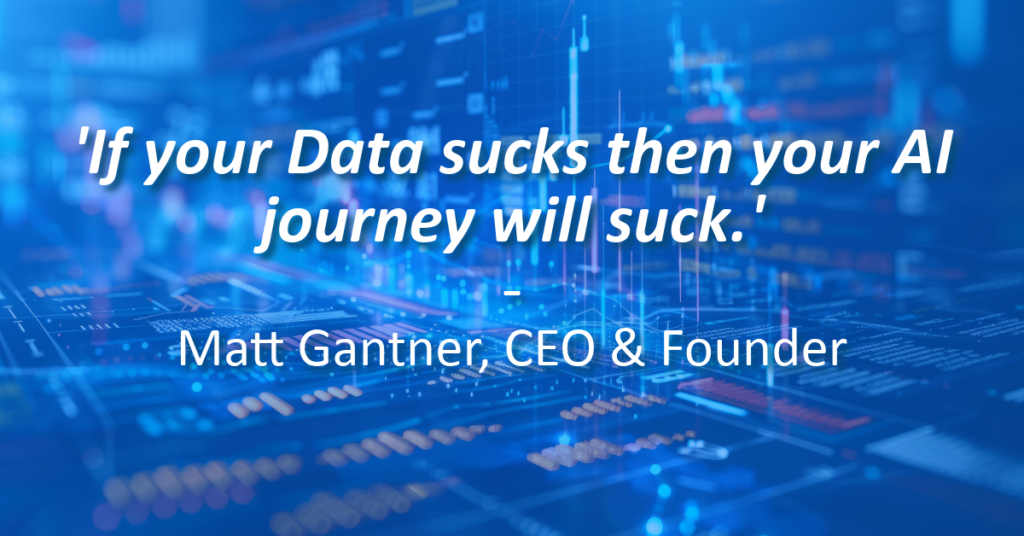Data Accountability: Ensuring Robust Data Governance and Infrastructure for AI

Data plays a crucial role in AI. The success of AI initiatives depends largely on the quality and management of data. Effective data governance, ownership, and accountability are essential to support AI. This section discusses these concepts and their importance in ensuring a successful AI journey.
Key Concepts:
- Data Accountability:
- Definition: Data accountability is the obligation of individuals or companies to ensure that data is appropriately used, stored securely, and complies with regulations such as GDPR.
- Focus: It is centered on managing and safeguarding data to maintain its integrity and security.
- Data Ownership:
- Definition: Data ownership refers to who has the legal rights to the data and owns the intellectual property.
- Roles in a Company: Data ownership distinguishes between the data owner and the data steward.
- Data Owner: The person accountable for how data is created, maintained, used, and stored across one or multiple systems.
- Data Steward: The individual responsible for updating, managing, and deleting data across various systems.
- Data Governance:
- Definition: Data governance encompasses data accountability and ownership. It involves establishing policies and procedures to manage and protect data.
- Evolution:
- Data Governance 1.0: Predominantly, IT departments were both the accountable parties and the data owners.
- Data Governance 2.0: Data usage has expanded into business use cases, leading to data being spread across multiple systems and environments with various owners. The centralization of IT owning the data has diminished, resulting in a more distributed ownership model.
The Shift from Data Governance 1.0 to 2.0:
The transition from data governance 1.0 to 2.0 signifies a shift in data management practices. Data is no longer centralized within IT departments but integrated into various business functions. This dispersal of data ownership necessitates robust governance frameworks to ensure accountability and security across the enterprise.
Challenges and Solutions:
- Governance of Accountability and Ownership:
- Challenge: Governing the accountability and ownership of data across multiple systems and environments.
- Solution: Implementing comprehensive data governance frameworks that clearly define roles, responsibilities, and policies for data management.
- Ensuring Data Integrity with AI:
- Challenge: Integrating AI with data systems and ensuring that AI outputs are accurate and reliable.
- Solution: Establishing data accountability and ownership before integrating AI to prevent errors and maintain data security.
Data Architecture is the Golden Thread:
The overarching enterprise architecture supporting these concepts is the golden thread that ties data governance, accountability, and ownership together. Ensuring data architecture is robust and aligned with enterprise goals is crucial for effective data management and AI integration.
The Need for Concerted Effort:
It is crucial to consider data accountability, ownership, and governance when implementing AI systems. These components should be established prior to or at the same time as the AI implementation to prevent mistakes and ensure data security. Many companies have encountered difficulties because they failed to put these safeguards and frameworks in place before adopting AI, resulting in unintended exposure of protected data. Along with data protection and security, organizations should also take into account relevant regulations, such as the EU AI Act or ISO 42001 Artificial Intelligence Management System, that may have an impact.
- Date August 13, 2024
- Tags Insights, Intelligence, Data & Technology Insights, Strategic Growth & Digital Transformation Insights

